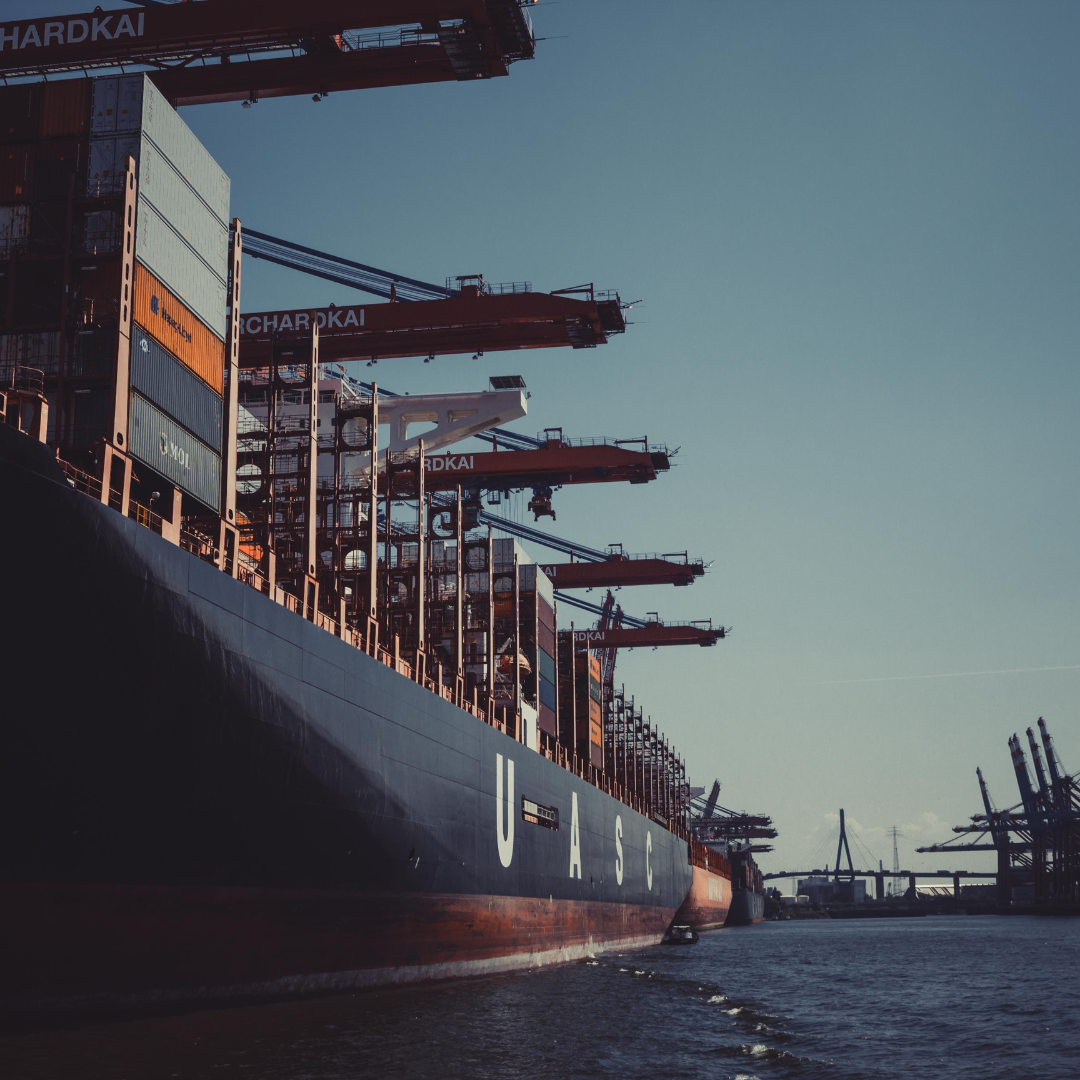Uncertainty in the Middle East Continues to Impact Global Supply Chain

Freight Forwarders Heavily Affected by Security Concerns
Military action between Israel and Hamas in Gaza is spilling out into the rest of the Middle East, with negative implications for commercial and government actors in the region and around the globe. Attacks by Yemen-based Houthis have not stopped and are causing more concern for container ships attempting to travel through the Red Sea.
The last several months have seen a tangled web become increasingly snarled as military action has occurred in Israeli, Gaza, Jordan, Iran, Iraq, Syria, Yemen, and even in international waters. The United States and its allies, chiefly Israel and Britain, are working to mitigate the conflict, but smaller militias, such as the aforementioned Houthis and the Islamic Resistance in Iraq, are continuing to launch attacks in retaliation for support of Israel.
This is creating a period of increasing uncertainty for commercial vessels in the Middle East, a key shipping lane for commerce between Europe and Asia.
Houthi Movement Claims to Have Hit American Container Ship
On February 1st, the Houthis claimed responsibility for attacks on three vessels: a U.S. navy warship in the Red Sea, a U.S. commercial vessel in the Gulf of Aden and a British commercial vessel in the Red Sea. The BBC has confirmed with maritime authorities that these claims are false, but interested parties remain on high alert.
The Houthis in Yemen are not the only group in the Middle East showing signs of aggression towards the United States and its allies. A militia group with support from Iran launched a drone strike that killed three American soldiers in Jordan at the end of January. President Joe Biden has been careful in his remarks about the ongoing situation and made it clear he did not want a “wider war in the Middle East”.


Increase in Train Shipments from China
After the start of the war in Ukraine, bookings via rail through Russia fell. While there are few restrictions on train shipments outside of military goods, firms were and remain concerned about heightened security issues.
Shipping rates and volume are on the rise now that the Red Sea, home to the Suez Canal and access to Europe beyond, has become a hotbed for military conflict.
For cautious minded freight forwarders, there is a possibility of circumventing Russia and Yemen with an alternative rail route through Kazakhstan known as the “Middle Corridor”. Freight on this path to Europe from China, Vietnam and other Asian countries is slower, but more secure at the moment. Bookings have increased by 37% over the past month.
Planning Shipments with Unpredictability in Mind
It can feel like every day there is a new story that turns the global supply chain on its head. With the extreme amount of uncertainty in the Middle East, not to mention the weather-related delays in Latin America, it might be overwhelming trying to craft a freight forwarding plan.
Remember to book shipments as far in advance as possible. Routes may be disrupted, but there are often alternative ways to get your goods where they need to go. For example, shipments destined for the Suez Canal can be rerouted around the Cape of Good Hope in South Africa. Orders will get where they need to go, but it is important to allocate sufficient time and budget for potential additional cost. As with the Lunar New Year in China, a proper plan will put you and your business in a strong position in the event of unexpected delays.

SiShips Gives You the Advantage
SiShips combines expertise with state of the art software to bring you high quality domestic and international shipping solutions. We put the shipper in control, offering efficient and cost effective ways to ship your product.
To learn more about managed transportation with SiShips or to view a demo of our software, contact us today.

